Leaders the World Needs
is a regular feature of DePauw Magazine, which is published three times a year.
When Joe Vosicky was little, “my dad’s idea of a bedtime story was telling me how Czechoslovakia was created in 1918.”
David Tykvart’s maternal grandfather, meanwhile, regaled David with stories about life in Czechoslovakia under communism.
Those connections with the Central European country, which seesawed between democracy and authoritarian rule throughout much of the 20th century, spawned a yearning in each of the DePauw graduates – Vosicky in 1971 and Tykvart in 2013 – to help his ancestors’ land shore up its democratic institutions.
They also prompted the men, both of whom live in suburban Chicago, to seek Fulbright scholarships that enabled them to teach in the Czech Republic, a coincidence they discovered at a huge Fulbright reunion in 2016.
“DePauw was probably the best represented school at Fulbright at this meeting,” Vosicky says.
Czechoslovakia boasted the world’s fifth-largest gross national product when Hitler invaded in 1939. After World War II, Soviet forces occupied the country as it gradually liberalized but cracked down in 1968, when the Soviets and four other members of the Warsaw Pact invaded. Czechoslovakia remained under communist rule until the Soviet Union collapsed in late 1989. In 1993, the country split peacefully into the Czech Republic and Slovakia.
Vosicky, a graduate of John Marshall Law School, went to then-Czechoslovakia in 1992 with an American Bar Association program aimed at helping the country emerge from communist rule. Later, he was among the founders of an exchange program, now 26 years old, that brought law students from Mazeryk University in Brno to Chicago to study law for a semester; four exchange students have lived with Vosicky’s family. Then, in 2002, Vosicky won a senior scholar’s grant from the Fulbright Program to teach contracts and introduction to U.S. law and ethics at Masaryk.
He has been back to the Czech Republic about 30 times and is admitted to the bar in Prague; each spring for the past eight years, he has taught for a week at Masaryk.
Tykvart, meanwhile, visited Czech Republic as a child but regretted not fully experiencing the culture. He was intrigued by the country that his parents had escaped in the late 1980s and that had imprisoned his paternal grandfather, a political dissident, for a decade.
As a DePauw senior, Tykvart won a Fulbright scholarship that enabled him to teach in a Brno high school after graduation. He went on to Tufts University’s Fletcher School of Law and Diplomacy, which arranged for a summer internship at the U.S. embassy in Bosnia and led to a three-year stint as an asylum officer with the Department of Homeland Security, for which he is now an analyst.
He envisions a future in international relations and credits DePauw with awakening his desire to share American ways with his ancestral home.
“It was something very special,” he says, to explain “how our culture is a melting pot of cultures, (about) our appreciation for democracy and our values, and where they come from – and to bring that all back to a place where my parents had left.”
DePauw Magazine
Spring 2019
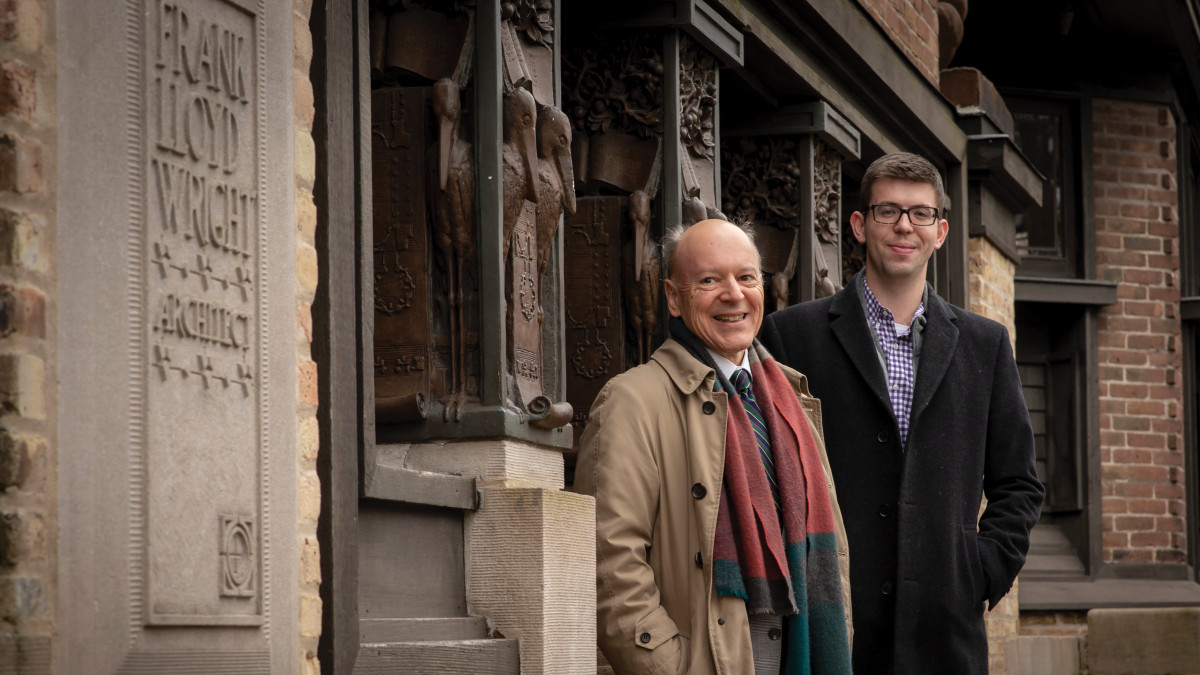 Alums Teach American Culture, Democracy in Ancestors’ Land
Alums Teach American Culture, Democracy in Ancestors’ Land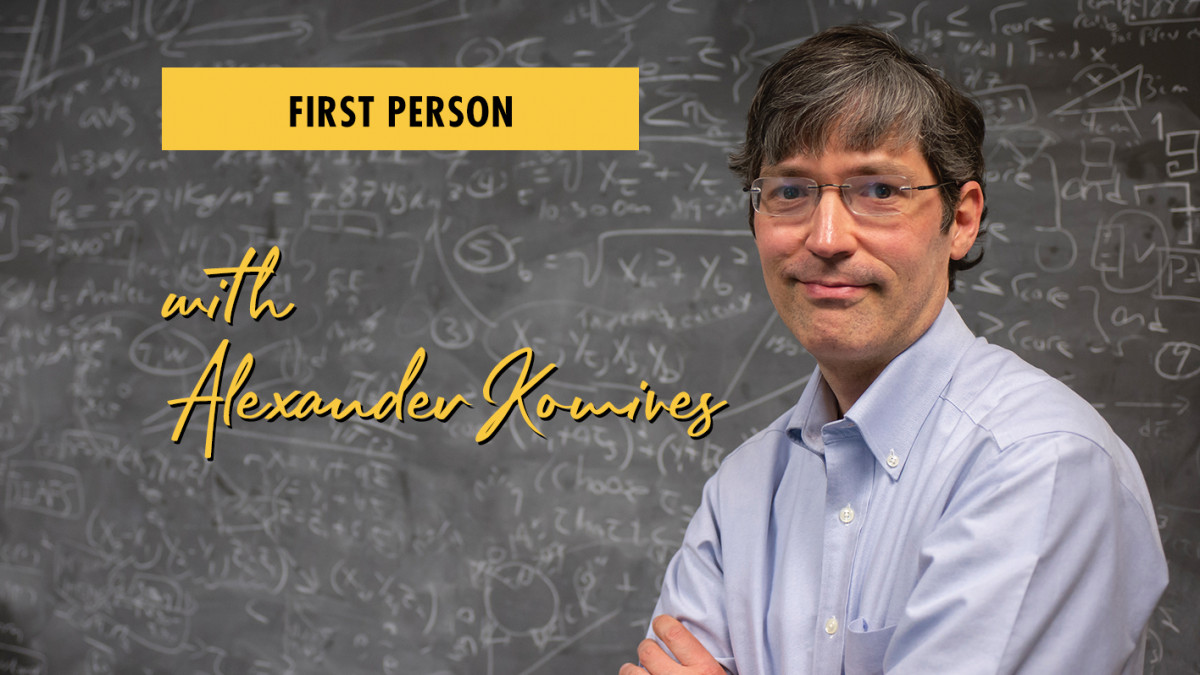 FIRST PERSON With Alexander Komives
FIRST PERSON With Alexander Komives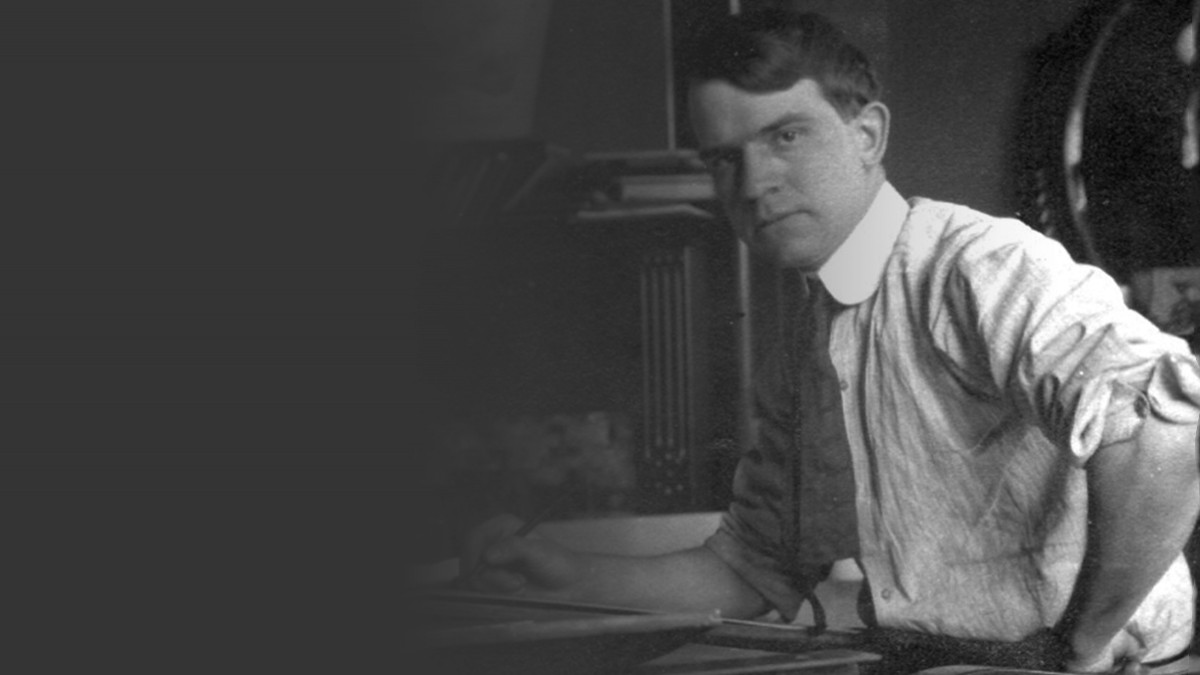 1905 Alum: DePauw’s ’Gone with the Wind’ Connection
1905 Alum: DePauw’s ’Gone with the Wind’ Connection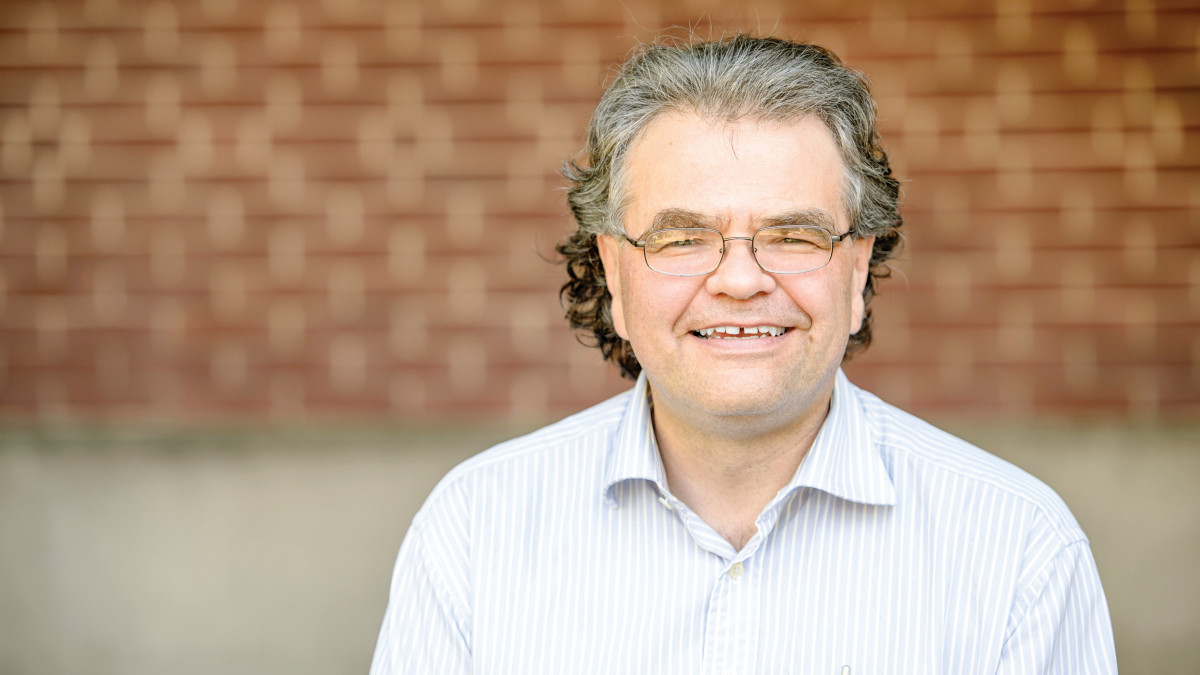 The Bo(u)lder Question By Glen Kuecker
The Bo(u)lder Question By Glen Kuecker A CHICKEN-OR-EGG DEBATE: Does DePauw attract socially aware students, or does it awaken them?
A CHICKEN-OR-EGG DEBATE: Does DePauw attract socially aware students, or does it awaken them?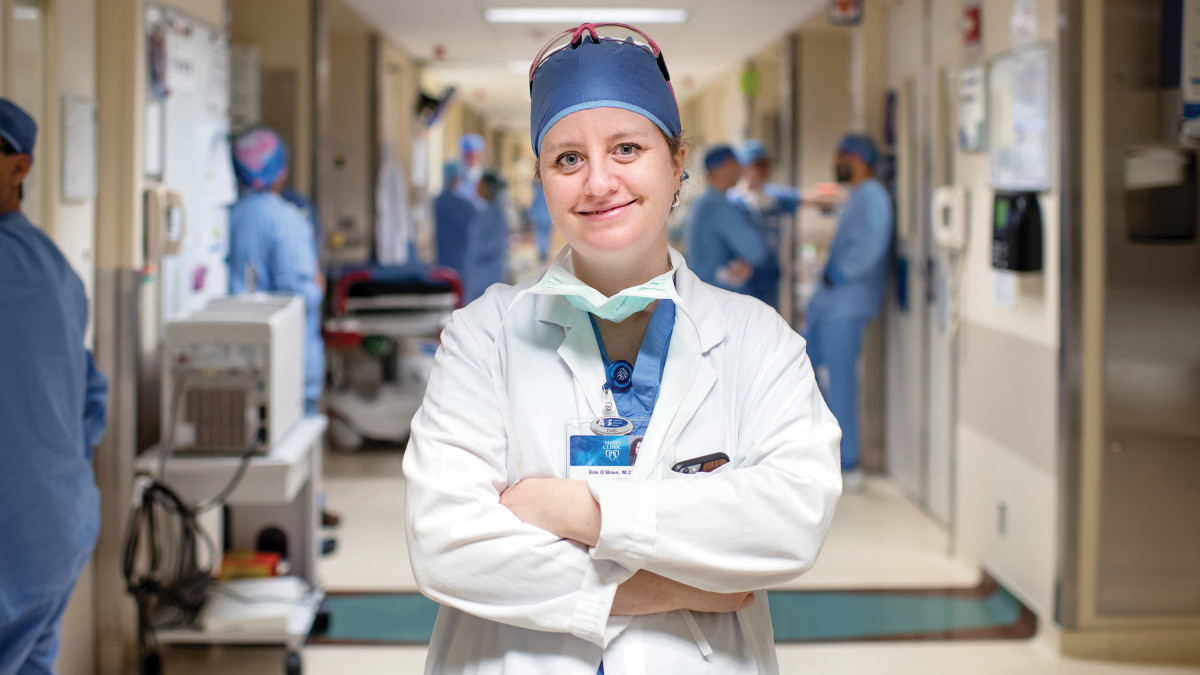 RECTORS: Changing Lives, Changing an Institution, Changing the World
RECTORS: Changing Lives, Changing an Institution, Changing the World
DePauw Stories
A GATHERING PLACE FOR STORYTELLING ABOUT DEPAUW UNIVERSITY
Browse other stories
-
Athletics
-
Women's Basketball - Tigers Travel to Carroll College for NCAA Opening Round
-
Baseball - Tigers Drop Final Game in Memphis
-
Women's Lacrosse - DePauw Drops Match to Rhodes College
More Athletics
-
-
News
-
Francesca Seaman Speaks the Language of Mentorship
-
DePauw Announces $10 Million Matching Challenge for Student Scholarships
-
DePauw University Remembers Esteemed President Emeritus Robert G. Bottoms
More News
-
-
People & Profiles
-
Empie, Party of Five: One Family’s Unique DePauw Bond
-
Entrepreneurs Eric Fruth ’02 and Matt DeLeon ’02 Are Running More Than a Business
-
Rick Provine Leaves Legacy of Leadership and Creativity
More People & Profiles
-
-
Have a story idea?
Whether we are writing about the intellectual challenge of our classrooms, a campus life that builds leadership, incredible faculty achievements or the seemingly endless stories of alumni success, we think DePauw has some fun stories to tell.
-
Communications & Marketing
101 E. Seminary St.
Greencastle, IN, 46135-0037
communicate@depauw.eduNews and Media
-
News media: For help with a story, contact:
Bob Weaver, Senior Director of Communications.
bobweaver@depauw.edu.